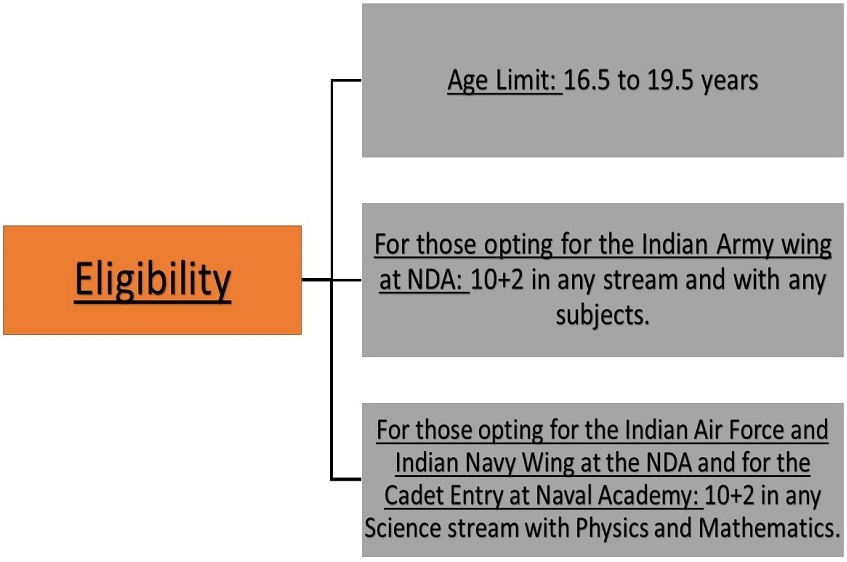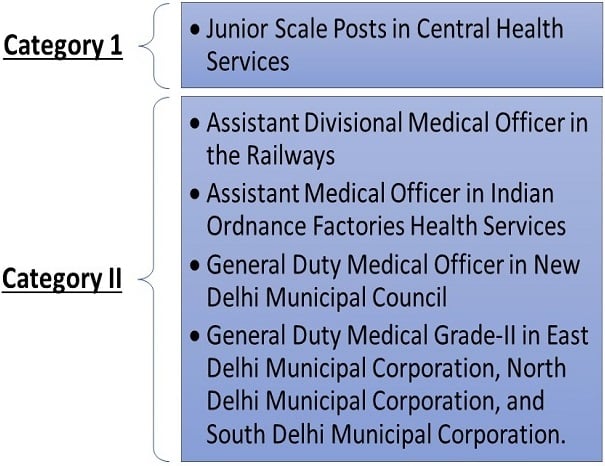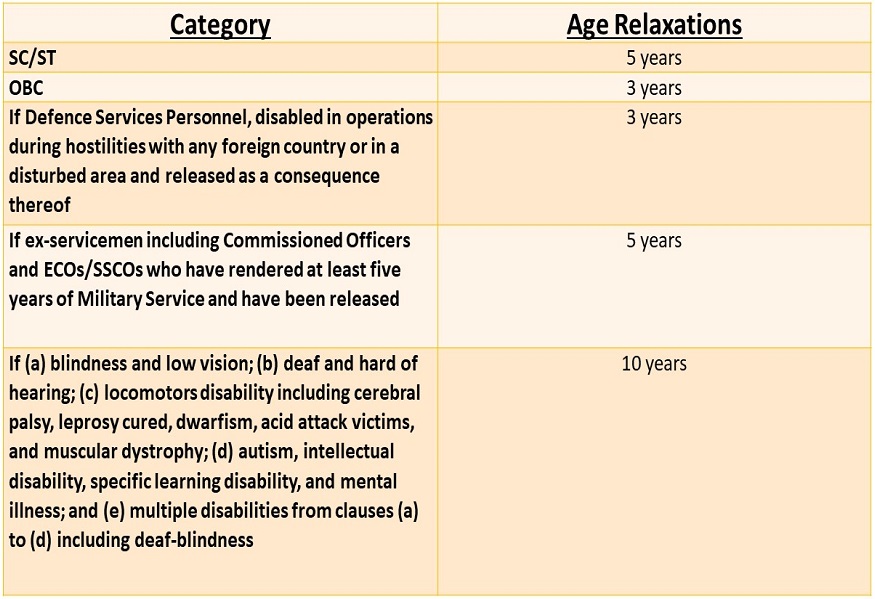
Are you planning to appear in the UPSC exams after graduation? Do you want to find a government job and secure your future? Also, you may just want to get acquainted with the competitive exam environment. If these are true, you have landed at the right place.
With the numerous perks and benefits, government jobs have always amazed everyone. To secure the leading official positions in the Government of India, various competitive exams are conducted. UPSC exam is one of the most popular competitive exams conducted because there is a need for intelligent young minds who can deal with current problems effectively and efficiently.
Before moving further let us first understand what is UPSC – the full form of UPSC?
Topic covered
What is UPSC – Full Form of UPSC?
UPSC (Union Public Service Commission) is a premier central recruiting body that is responsible for recruiting candidates for higher posts in the Indian Civil Service. It is not an exam; it’s a recruiting agency. It was established under Article 315 of the Constitution of India.
UPSC is responsible for recruiting candidates for various posts under All India Services, civil services cadre, defence services cadre as well as Armed Forces of the Union of India. Under the Central and State Government of India, UPSC conducts a National Level Exam for around 24 services.
Apart from this, UPSC is also consulted on matters related to promotions and transfers of staff and also regarding any other disciplinary matters.
List of UPSC Exams
- CSE (Civil Services Examination): CSE is a nationwide competitive examination in India which is conducted by UPSC to recruit candidates for various Civil Services posts of the Government of India such as Indian Administrative Service (IAS), Indian Revenue Service (IRS), Indian Foreign Service (IFS), Indian Police Service (IPS) etc.
- ESE (Engineering Services Examination): The UPSC is responsible to conduct the Engineering Services Examination (ESE) or Indian Engineering Services Examination. The commission is required to shortlist the candidates for the posts in the field of Electrical Engineering, Mechanical Engineering, Civil Engineering, and Electronics & Telecommunication Engineering through preliminary and mains examination followed by an interview.
- NDA (National Defence Academy and Naval Academy Examination): To recruit the candidates for the posts of Army, Navy, and Air force wings of the National Defence Academy (NDA). This National Level Exam is conducted by UPSC twice a year.

- CMS (Combined Medical Services Examination): Combined Medical Services (CMS) Exam is conducted by UPSC each year to recruit the candidates for the posts of the following categories:

- CAPF (Central Armed Police Force): This UPSC CAPF examination is conducted for recruiting Assistant Commandant Officers (Group A – Class I Gazetted) for the following 7 posts.
- Assam Rifles (AR)
- Border Security Force (BSF)
- Central Industrial Security Force (CISF)
- Central Reserve Police Force (CRPF)
- Indo Tibetan Border Police (ITBP)
- National Security Guard (NSG)
- Sashastra Seema Bal (SSB)
- UPSC SCRA (Special Class Railway Apprentice): This Special Class Railway Apprentice (SCRA) exam, conducted by UPSC is an entry ticket for those who want to study mechanical engineering at the Indian Railway Institute of Mechanical and Electrical Engineering. You will be eligible to appear in this exam if you have completed 10 + 2 from a recognized board.
- CDS (Combined Defence Services Examination): The UPSC conducts CDS exam twice a year for recruiting candidates into the Indian Military Academy, Officers Training Academy, Indian Naval Academy, and Indian Air Force Academy.
.
UPSC Exam – Age Limit
| Categories | UPSC Exam Age Limit |
| General | 21-32 years |
| OBS | 21-35 years |
| SC/ST | 21-37 years |
| Defense Service Personnel | 21-35 years |
| Ex-Servicemen | 21-37 years |
| General PWD | 21-35 years |
| OBC PWD | 21-38 years |
| SC/ST PWD | 21-40 years |
However, the following are some of the age relaxations of some years for some reserved categories:

UPSC Exam – Admit Card
The admit card for the UPSC exam is not sent by post. Thus, you will have to download them from the official UPSC website and will have to take the printout. Following is the procedure for downloading the admit card:
- Visit E- Admit Cards | UPSC
- Enter roll number or the registration ID, you can now download your admit card.
- If you are unable to download to find the admit card, you are advised to check the notice issued by UPSC stating the names of the candidates whose applications have been rejected because of fictitious fees payment.
[“source=idreamcareer”]

